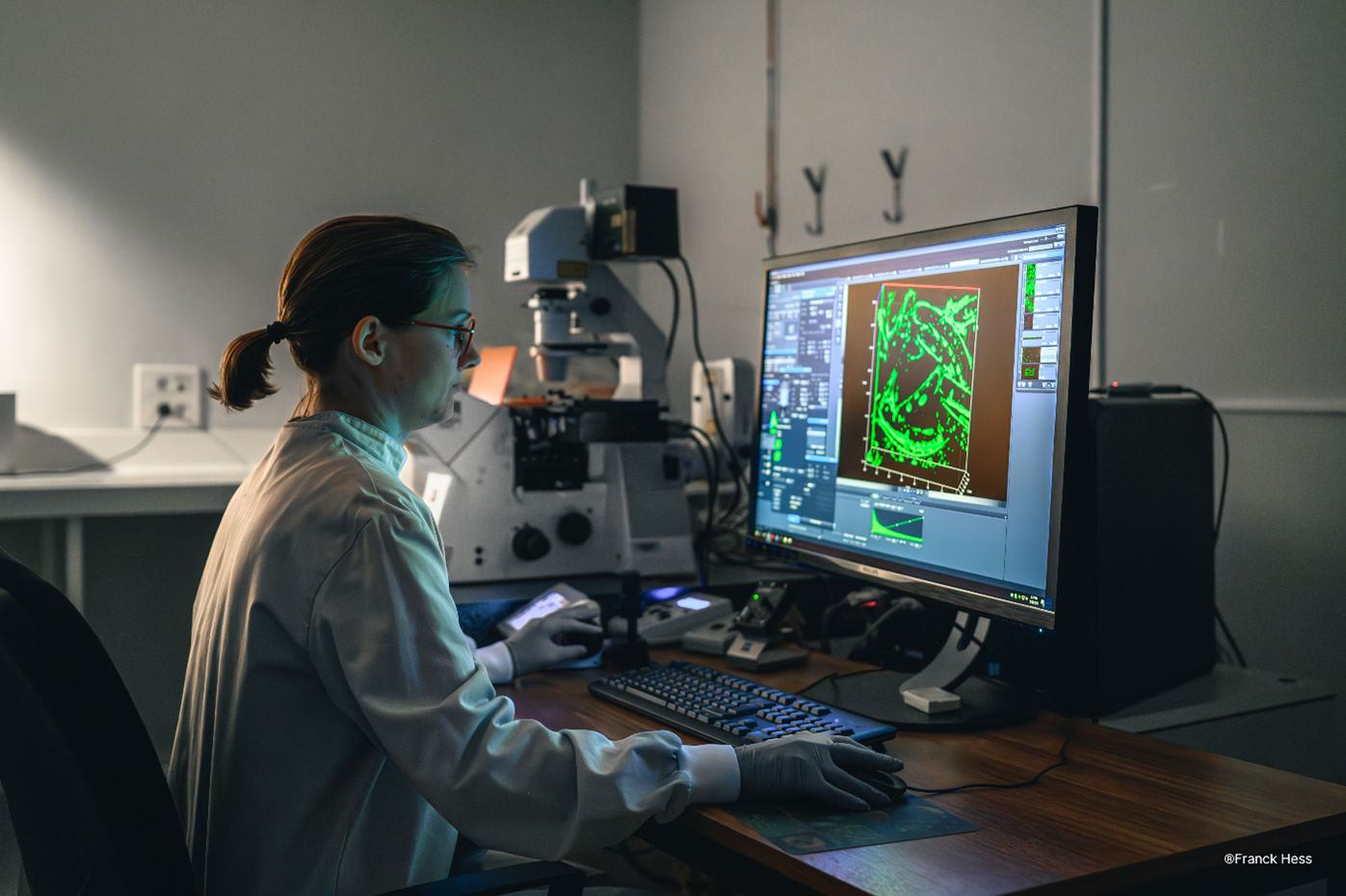Ensuring chemical safety while minimizing environmental impact is a key challenge in modern industry. TOXBOX, a European research project gathering 16 partners from 9 countries, is developing an instrument to generate reliable toxicity data under relevant conditions. By supporting the Safe and Sustainable by Design (SSbD) approach, the project promotes safer and more sustainable chemical monitoring.
Spartha Medical’s role in TOXBOX
As the scientific coordinator of TOXBOX, Spartha Medical plays a role in ensuring the project’s research is rigorous and impactful. The company is responsible for exposure testing and interlaboratory validation, essential steps in generating reliable toxicity data and advancing the Safe and Sustainable by Design (SSbD) approach.
With its expertise in biointelligent coatings, Spartha Medical contributes its unique antimicrobial technology, enhancing safety across various materials. Additionally, its AIC technology, an in-house AI-driven platform, provides machine learning based solutions to predict and reduce contamination risks. By integrating these innovations, Spartha Medical supports the project’s goal of developing precise and sustainable toxicity assessment methods.
Addressing Research Complexities Together
Collaborative research projects like TOXBOX offer great potential but also come with challenges. Partners navigate literature review, data collection and analysis, time management, and experimental complexities. Successfully overcoming these obstacles requires strategic planning, effective communication, and adaptability. By working together, the consortium ensures steady progress toward reliable and sustainable toxicity assessment.
Approaching Milestones
TOXBOX aims to deliver a flexible, plug-and-play testing platform that integrates microfluidic and instrument architecture, improving accessibility and enabling interlaboratory validation. The system will feature automated cytotoxicity and genotoxicity tests, flow cycle modules that mimic environmental conditions, and a zebrafish embryo-based testing module will be included for studying neurotoxicity.
As the project moves into the validation and testing phase, individual modules will be exchanged and tested across experimental partners’ laboratories. Additionally, voluntary partner labs will further assess reliability and reproducibility.
These steps bring TOXBOX closer to its goal of developing a sustainable, safe, and effective chemical monitoring instrument. The project’s outcomes are set to enhance chemical safety practices and contribute to a safer and more sustainable future across industries.


